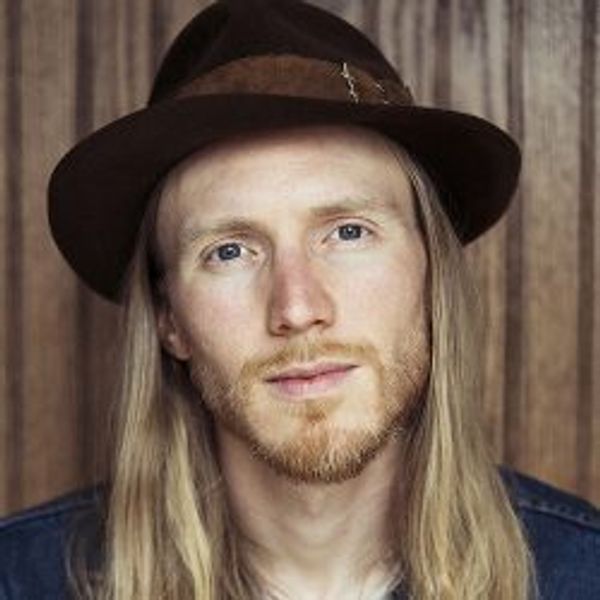Lia Purpura, Parasol Mushroom (detail), featured in AGNI 102
Tenderloin
For weeks my attention had been waning. The blood moved heavy inside my head. I would get up at ten in the morning and spend a few hours not leaving the bed. I turned on my cell phone, scrolled through the comments on Instagram, liked a few posts. They were all the same—birthdays, engagements, five-dollar lattes, rustic vacations in Oregon. Once in a while a baby was born, or a thread would erupt about plastics polluting the water. I found myself nodding along to the comments, thinking, The problem with capitalism is the division of labor, or, The banality of evil is how it survives. But I barely understood the distinctions. Fake news. Rallies. Wrongness. Rightness. There was no end to what it consumed, what it left out of all its equations. On Monday I walked to the coffee shop and opened my laptop to write a few words. Cycled through news stories, headlines of natural disasters, immediately forgetting what I’d read. Time was an abstract concept, like it had been when I was young. We, I thought. Us. But the us I imagined was more like a changing lake, like a mirror I couldn’t see my face in. People on the city bus screaming at no one. Coyotes displaced in the park. Case after case of assault and harassment. The virus we couldn’t confine. On Tuesday the order came through to stay sheltered. On Wednesday a homeless kid passed out on Market Street, blood coming out of a scar on his arm, rivering into his jeans. The whole crowd around me kept walking. Pale blue face masks. Six feet of distance between. It wasn’t the virus that made us keep walking. It was the blood. It was the world made true by the blood.

Kai Carlson-Wee
Kai Carlson-Wee is the author of RAIL (BOA Editions, forthcoming 2018). His work has appeared in Tin House, Ploughshares, The Southern Review, The Best New Poets, New England Review, AGNI, Gulf Coast, and The Missouri Review, which awarded him its Editor’s Prize. His photography has been featured in Narrative Magazine, and his poetry film, Riding the Highline, received jury awards at the 2015 Napa Valley Film Festival and the 2016 Arizona International Film Festival. A former Wallace Stegner Fellow, he lives in San Francisco and is a lecturer at Stanford University. (updated 8/2021)
Carlson-Wee’s AGNI poem “Nomad Palindrome” received a Pushcart Prize and is reprinted in the 2024 anthology.
